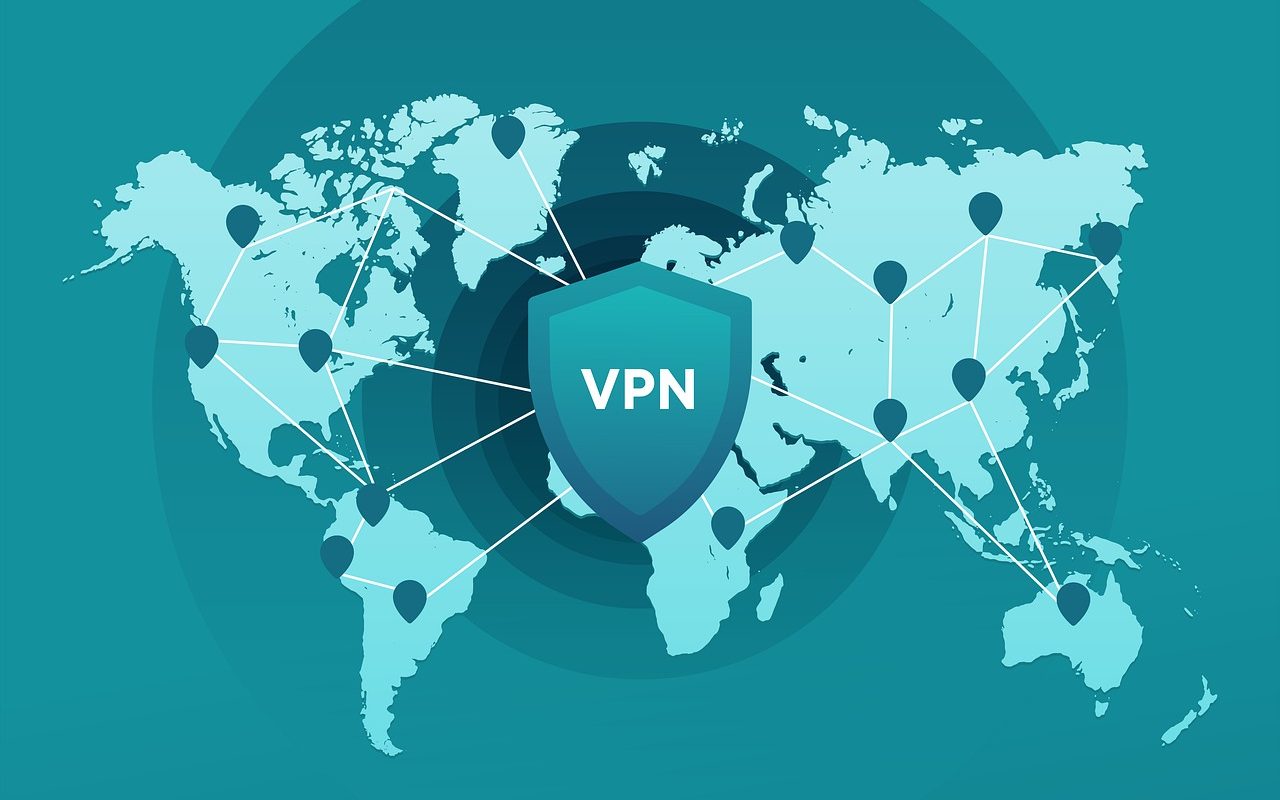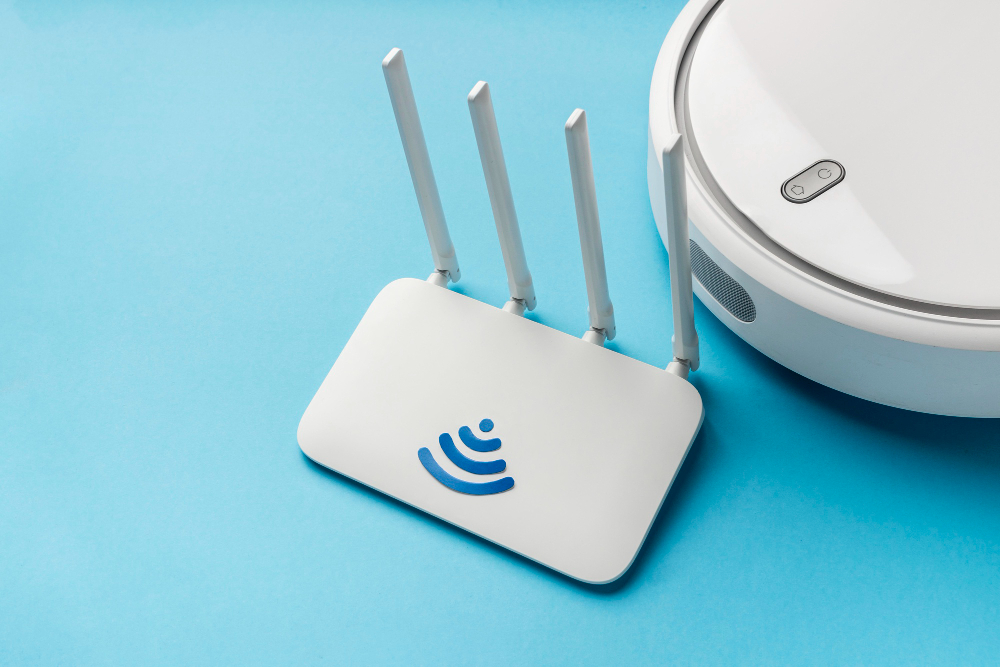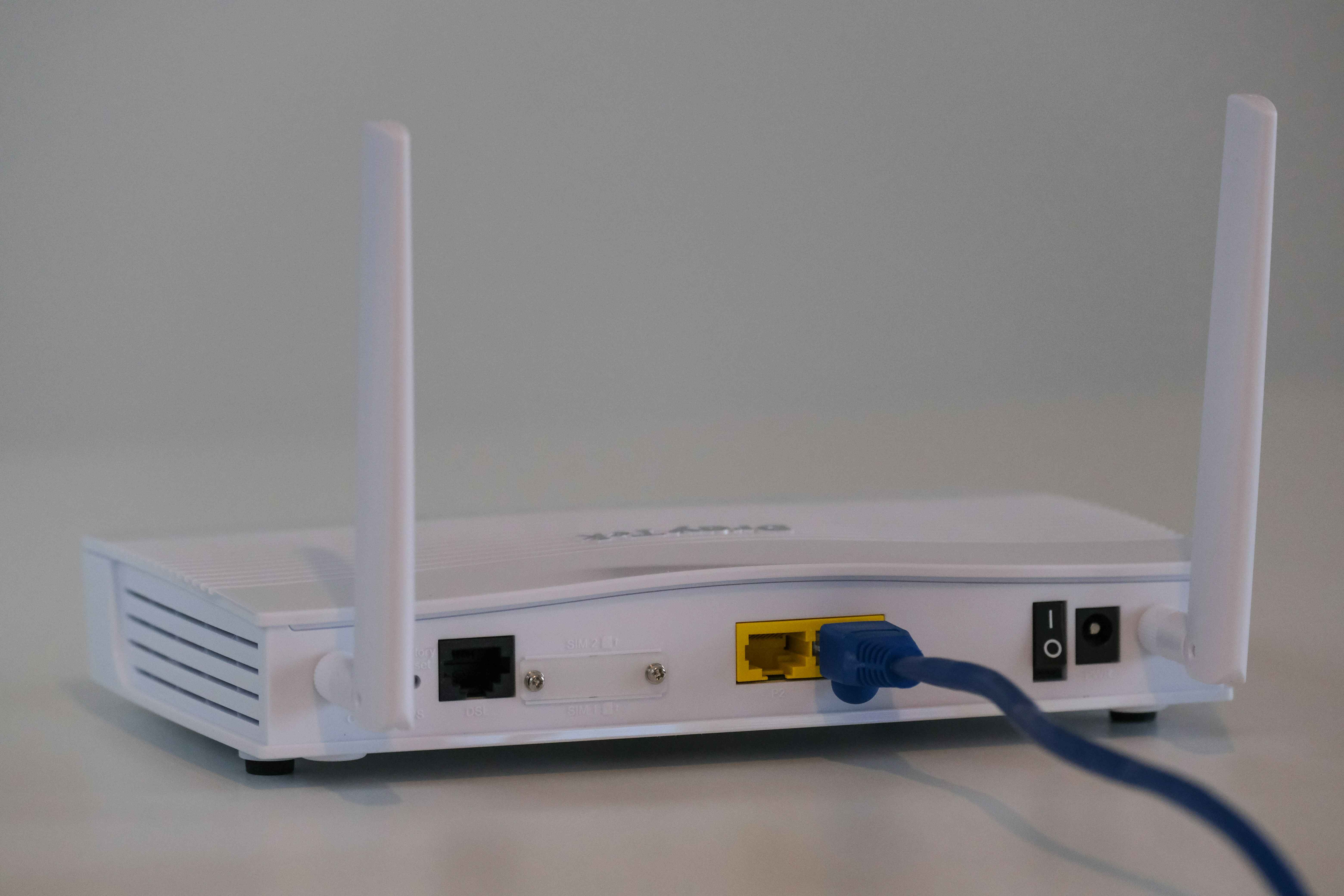The full form of VPN connection stands for Virtual Private Network. It gives you the safety features that protect your data when you are using a public network. Imagine that you are accessing the wifi at a railway station or at the airport. In such places, it is incredibly handy to have a VPN service by your side.
Buy Airtel Wi-Fi with exciting benefits!
VPN is a very commonly used word nowadays. You may have heard it in offices, or at your home, or elsewhere.
What is a VPN connection used for?
Due to the presence of a VPN connection, things become much more difficult for online hackers to seek your personal data. The VPN encrypts all of your data in real time, making it a massive challenge for hackers to steal anything from you in the virtual world. Hence, using a VPN safeguards you from all the unwanted threats of the outside world.
Now, let us go a bit deeper into it and understand VPNs better.
How does VPN work?
Want to know how VPN works? Then sit back and relax, because although, there is some technical information here, we have eased it for you. So, for a VPN to work, it hides your IP connection. How does it do so? Easy. The network information is rerouted through a VPN server, that is generally located thousands of miles away especially in a whole different country.
Hence, now that you have your VPN activated, your basic location will be shown where the VPN server is located. Isn’t that quite amazing? As a result of the VPN, your internet service provider and the other third parties would not be able to locate you. Furthermore, they also won’t be able to see whatever data you are sending or receiving using the internet.
Thus, the VPN acts like a filter, which turns your data into incomprehensible information for others. Even if someone does manage to get hands on your data, it would be meaningless.
Various types of VPNs?
Here are some of the VPN types:
SSL VPN
Many times, employees of an organisation do not have access to the company’s own devices. In such times, companies resort back to SSL VPN. What you need for an SSL VPN is an HTML-5 based browser. Nowadays, you will get this kind of a browser on almost every Operating System, and hence, it is quite an easy solution.
Site to Site VPN
The site-to-site VPN is a private network that lets users access each other’s resources quite efficiently. It is quite a useful tool to have when there are multiple locations within a company. Each LAN is thereby connected to the WAN, which makes transfer of files and data quite easy.
Client to server VPN
In this type, you can dial into the company’s VPN network while you are sitting at home. This way, the VPN acts as if the employees were working just from office. To get this feature, you have to ensure that the VPN client is installed and configured first on your PC.
How to use VPN connection installed on my device?
If you are looking to use VPN, then follow these steps:
- First of all, make sure you are connected to the internet via mobile data or broadband connection.
- Next up, start the VPN app and make sure you turn it on. The VPN provides the tunnel between you and the web, which other parties cannot access.
- Once the VPN is activated, your device is on the local network of the VPN. Your IP address is now changed, as a result.
- Thus, you can explore the internet all you want.
What are the benefits of using a VPN connection?
Encrypts your data
Data encryption is one of the most well sought out features for a VPN connection. Thanks to the VPN connection, your data remains safe no matter which connection you are using.
Hides your location
VPN servers work as proxies for your smartphones, tablets, and PCs. In addition, most VPN servers also do not store your information on their servers. Thus, if you are paranoid about your safety online, VPNs are the way to go.
Access to blocked content
Many times, VPN unlocks content for you that had been blocked in your region.
Thus, you can clearly see why it is so beneficial to have a VPN connection by your side. Hence, get one today and make your online presence more secure.



